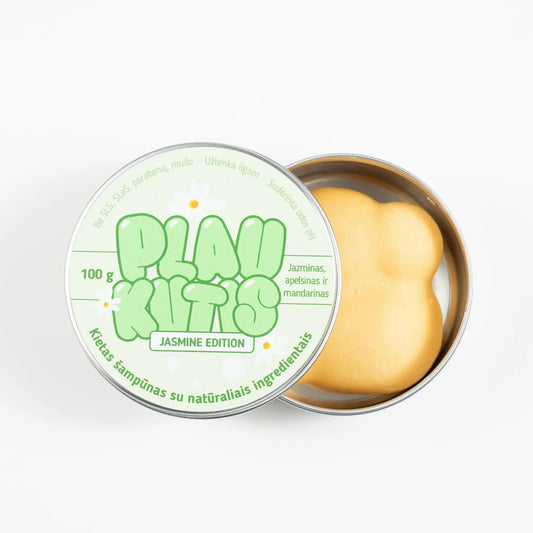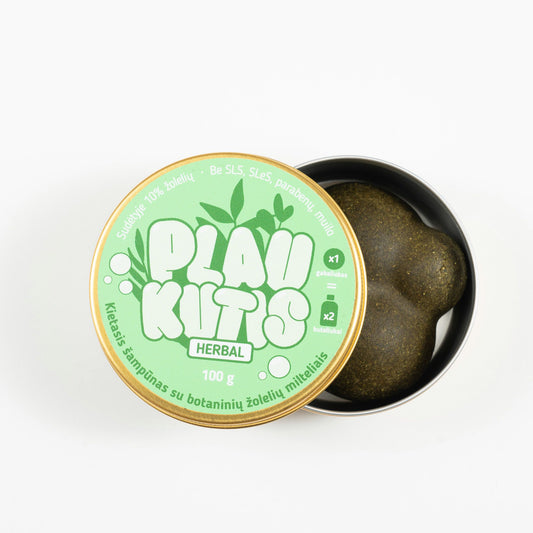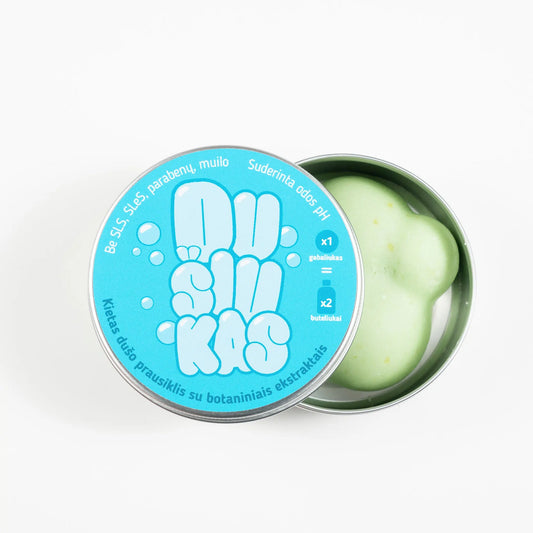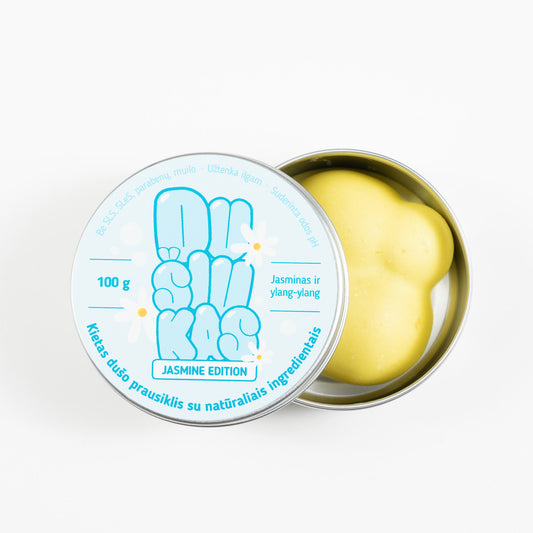In the beauty industry, organic hair care is not just trendy—it’s becoming a necessity. Every year, 552 million plastic shampoo bottles end up in landfills in the United States, which shows the enormous environmental damage that traditional beauty products cause. In addition, studies show that up to 8 million tons of plastic enter the ocean every year, a large part of which is beauty product packaging. Organic hair care aims to reduce this impact by using sustainable ingredients and reducing the use of plastic. What’s more, these products often contain fewer harmful chemicals, which improves the health of your hair and scalp.
Key criteria for choosing organic shampoos and conditioners
Natural ingredients and ethical sourcing
Organic shampoos and conditioners focus on natural, plant-based ingredients that are ethically sourced. According to one study, products labeled as “natural” or “organic” are growing by 9% each year, highlighting the growing demand for clean beauty products. Why is this important? Ingredients like sulfates and parabens , found in many commercial hair care products, are not only harmful to your hair, but they also pollute the environment. For example, sulfates can disrupt the balance of aquatic ecosystems and harm aquatic life by changing the chemical composition of the water.
A survey by Mintel found that 41% of women prefer hair care products with organic ingredients because they believe they are safer. Additionally, many consumers are unaware that personal care products contain over 82,000 different chemicals , many of which are unregulated. Brands that focus on ethically sourced ingredients, such as Fair Trade certified oils, offer an eco-friendly alternative that also benefits the communities that source these raw materials.

Biodegradable ingredients
Biodegradable ingredients are another cornerstone of green hair care. These ingredients naturally break down in the environment without leaving behind harmful waste. A study by Sustainable Chemistry found that switching to biodegradable shampoos could reduce water pollution by up to 40% in areas where a lot of personal care products are used. Natural ingredients like aloe vera , coconut oil , and shea butter are beneficial for hair and completely break down without leaving any harmful effects on the environment. This is a stark contrast to synthetic chemicals that persist in ecosystems for years.
Avoid harmful ingredients
Organic products avoid common harmful ingredients found in most commercial hair care products. These include:
- Sulfates : While these chemicals may foam, they can strip natural oils from your hair and irritate your scalp. They also contribute to water pollution.
- Parabens : These synthetic preservatives have been linked to hormone disruption in both humans and wildlife. A 2019 study found parabens in the tissues of marine mammals, suggesting the far-reaching effects of these chemicals.
- Silicones : While they temporarily add shine to hair, silicones can build up and are not biodegradable. The Environmental Working Group (EWG) considers silicones to be one of the least environmentally friendly ingredients.
By avoiding these harmful chemicals, you help reduce pollution and promote safer alternatives for the environment.

Biodegradable and sustainable packaging
91% of plastic waste is not recycled, often ending up in landfills or, worse, in the oceans. Organic hair care products are focusing on biodegradable or recyclable packaging to reduce this waste. According to the Global Beauty & Personal Care Plastic Packaging Report , personal care products account for 20% of plastic bottle waste in landfills . Choosing biodegradable packaging significantly reduces this burden.
Plant-based plastics and reusable packaging
Many eco-friendly brands use plant-based plastics , which are made from renewable resources such as corn or sugarcane. These plastics are designed to break down faster than traditional petroleum-based plastics. One study found that switching to plant-based plastics in the beauty industry could reduce CO2 emissions by 30-50% . Additionally, reusable packaging is becoming increasingly popular. Companies like Plaine Products and Lush offer reusable aluminum bottles or shampoo bars that eliminate the need for single-use plastic altogether. A study by the Carbon Trust found that using reusable packaging can reduce a brand’s carbon footprint by up to 80% .
Additionally, solid shampoos are becoming more popular due to their packaging-free nature. One solid bar of shampoo can replace three plastic bottles of liquid shampoo, making them not only a more sustainable but also a more economical alternative.

Myths and interesting facts
- Myth : Organic hair care products are less effective than traditional ones. Fact : Solid shampoo bars, for example, are three times more concentrated than liquid shampoos, making them more economical and longer-lasting.
- Myth : Natural ingredients are always safe. Fact : Even natural ingredients, such as essential oils , can cause allergies or sensitivities in some consumers, so it's important to read product labels carefully.
- Fun fact : Switching to organic hair care can reduce your personal water footprint by up to 30% due to reduced water use in manufacturing and less frequent hair washing with concentrated formulas.
- Myth : Sustainable packaging is fragile. Fact : New developments in plant-based plastics have made eco-friendly packaging as durable as traditional plastic packaging.
- Fun fact : Aveda's use of wind energy in production saves approximately 5,500 tons of CO2 emissions annually.

Practical tips or solutions
Switching to organic hair care doesn't have to be difficult. Here are some tips to get you started:
- Start with one product : You don't have to change your entire routine at once. Replace one product, like your shampoo or conditioner, with an eco-friendly alternative.
- Look for third-party certifications : Certifications like Leaping Bunny (cruelty-free) or Fair Trade ensure that the products you use are ethically sourced and organic.
- Use reusable packaging : Many brands now offer reusable packaging options, which help reduce the need for plastic bottles with every purchase.
- Read labels : Avoid products that contain sulfates , parabens , and other harmful ingredients. Instead, look for naturally derived, biodegradable ingredients.
- Reduce water usage : Products like solid shampoo bars and dry shampoos often require less water, helping to reduce overall water consumption.
FAQ
Question 1: Are organic hair care products suitable for all hair types?
Yes! Many organic brands formulate their products for different hair types, from oily to dry and color-treated hair.
Question 2: How long do solid shampoos last compared to liquid shampoos?
One solid bar of shampoo can last as long as three bottles of liquid shampoo , making them both environmentally friendly and economical.
Question 3: Does eco-friendly packaging really help?
Indeed, switching to biodegradable or reusable packaging significantly reduces plastic waste and carbon emissions.
Question 4: Is organic hair care more expensive?
While the initial cost may be higher, many organic products last longer and their concentrated formulas mean less product is needed, making them more economical in the long run.
Question 5: Do organic shampoos lather as much as regular shampoos?
Many organic shampoos use natural foaming agents , which create a gentler lather, although they may not lather as much as shampoos with sulfates.

Conclusion: The benefits of organic choices
Organic hair care is good for both your hair and the planet. By choosing biodegradable ingredients, sustainable packaging, and ethically sourced products, you can reduce your environmental footprint while maintaining healthy hair. As more consumers make conscious choices about their beauty products, the industry will continue to offer more sustainable options. Start with small changes today and contribute to a cleaner, greener future.













